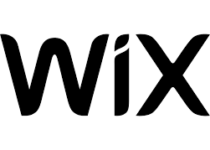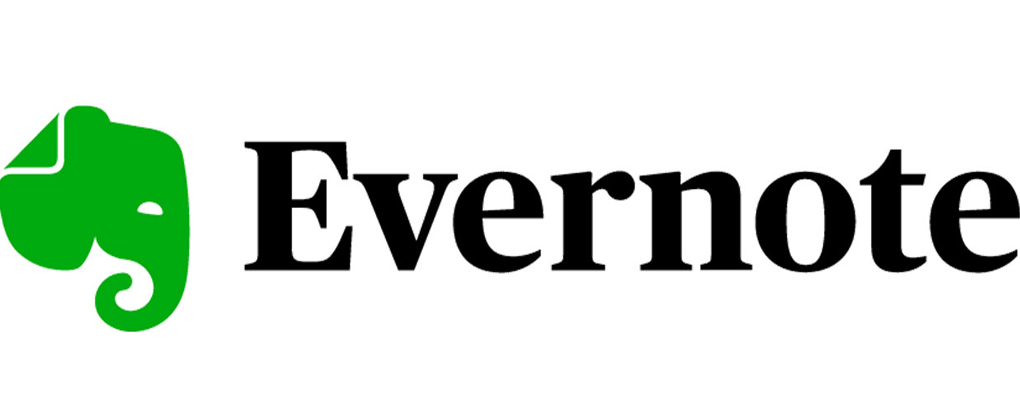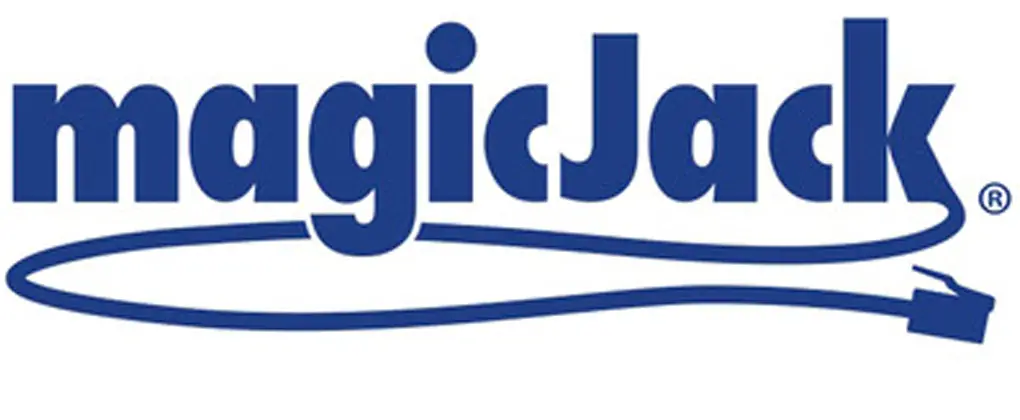Top 10 Coca-cola Competitors In 2023
Coca-Cola is an American multinational corporation founded on May 8, 1886, by Dr. John Pemberton. Its headquarter is in Atlanta, Georgia, where the first Coca-Cola drink was served at Jacob’s Pharmacy. It has since evolved into the world’s biggest non-alcoholic beverage company. The Coca-Cola company offers over 500 brands in more than 200 countries around the world. Its total revenue for 2019 was $37.2 billion. It was named the sixth most valuable company in 2019 by Forbes
| Company Name | The Coca-Cola Company |
| Founded | 1886 |
| Headquarters | Atlanta, Georgia |
| Sic Code | 5149 |
| Status | Public company of NYSE |
| Industry Sector | Beverages |
| Employees | 62,600 |
| Trading Symbol | KO |
Coca-Cola similar companies:
PepsiCo, Nestlé, Keurig Dr. Pepper, RedBull, Danone, Unilever, Britvic, Jacobs Douwe Egberts, Suntory, Monster Beverage Corporation, Tetra Pak and Soylent.
HOW THE COCA-COLA COMPANY MAKES MONEY
The main sources of Coca-Cola revenue are the sale of syrup to bottling companies that manufacture and distribute the product to consumers. The company lists this as concentrate operations. It also sells finished beverages to retailers, distributors, and wholesalers.
Finished Products business
Coca-Cola also manufactures its own fountain syrups and finished beverages which are distributed to consumers as finished products. It also manages bottling operations under this category of business. In 2018, finished products made up 36% of Coca-Cola’s total revenue.
The company sells sparkling beverages, drinking water products, and a number of still beverages such as sports and energy drinks, juices and juice drinks, and ready-to-drink teas and coffees. These products are distributed either directly to retailers or through bottling partners, distributors, and wholesalers who then distribute them to retailers.
The fountain syrup from the company is usually sold to fountain retailers such as convenience stores and restaurants who make beverages for immediate consumption. Besides that, Coca-Cola provides marketing support to other nonalcoholic beverage brands such as Monster, Nestlé, DPSG, and Aujan Industries beverages through licensing, partnerships, and joint ventures.
Concentrate operations
Concentrate operations involve selling concentrates, beverage bases, and syrups to authorized bottling partners. The partners then combine the product with still or sparkling water, sometimes adding sweeteners, and distribute the finished beverage to consumers.
The Coca-Cola Company manufactures and sells concentrates, beverage bases, and syrups to the bottlers. The bottling partners combine the syrups with sparkling water or mix the concentrates with still/ sparkling water and sweeteners (depending on the product) to make finished beverages.
The finished beverages are usually packaged in plastic bottles, cans, and refillable or non-refillable glasses before distribution to consumers. In 2018, concentrate operations made up for 64% of Coca-Cola’s revenue. Coca-Cola launched the Bottling Investments Group (BIG) in 2006 to consolidate bottling franchises for financial and institutional support. This reduced micro and macroeconomic challenges of having too many small independent bottlers.
PEPSICO
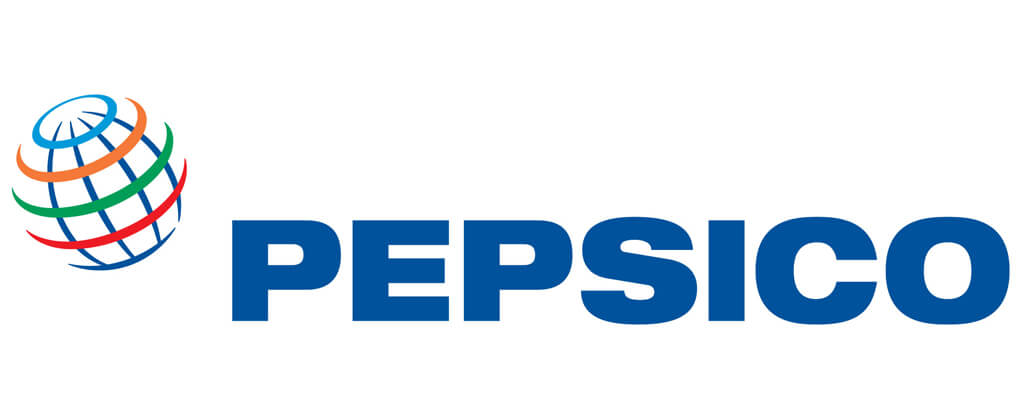
PepsiCo is Coca-Cola’s biggest competitor in the non-alcoholic beverages industry. Pepsi was founded in 1893 as Brad’s Drink by Caleb Bradham before rebranding to Pepsi-Cola then Pepsi in 1961. In 1965, PepsiCo came into being after Pepsi and Frito-Lay merged. With a presence in over 200 countries and territories around the world, PepsiCo has 267,000 employees and posted a revenue of $68.2 in 2019. The company headquarters are in Purchase, New York.
PepsiCo’s well-known beverage brands include Pepsi, Mountain Dew, Tropicana, Bubly, Gatorade, Lifewtr, Propel, and Aquafina among others. Besides beverages, the company also manufactures food. Some of its most popular food brands are Lay’s, Doritos, Fritos, Cheetos, Aunt Jemima, Grandma’s Cookies, Rice-A-Roni, and Pasta Roni.
Coca-Cola’s battle with PepsiCo for control of the beverages market is popularly referred to as Cola Wars. While Coca-Cola solely earns its revenue from beverages, PepsiCo has a more diversified portfolio that includes foods and snacks. In fact, more than half of PepsiCo’s total revenue comes from foods and snacks. In 2019, PepsiCo had a 23.9% surge in the stock exchange while Coca-Cola had a 15.5% rise. PepsiCo offers 21 beverage brands besides the food and snacks while Coca-Cola has over 100 beverage products categorized as Sparkling Soft Drinks, Waters & Hydration, Juices, Dairy and Plant-Based, Coffees, and Teas.
NESTLÉ

Nestlé competes with Coca-Cola in the dairy, teas, coffees, and bottled water categories. The company was founded in 1866 when American brothers Charles and George Page established the Anglo-Swiss Condensed Milk Company to produce condensed milk. The following year, German pharmacist Henri Nestlé founded Nestlé to produce infant formula for infants who are unable to breastfeed. The two companies merged in 1902. Nestlé has grown into a global brand with 308,000 employees in its workforce. In 2019, it posted $95.3 billion in revenue.
Some of Nestlé’s top products include Vittel, Poland Spring, Pure Life, Perrier, S. Pellegrino, and Aqua Panna in the bottled water category. It also has coffee, dairy, and tea products. But the company also has a diverse portfolio of products that include baby food, pet care, ice cream, and cereals among others.
While Nestlé doesn’t offer sparkling soft drinks, it battles Coca-Cola for the market share in the bottled water, dairy, coffee, and tea categories. The two companies had a joint venture (Beverage Partners Worldwide) for the production of ready-to-drink tea but dissolved the venture in 2017. In 2019, Nestlé was named the most valuable food brand while Coca-Cola was named the most valuable soft drinks brand. The Nestlé’s Pure Life (3rd place) got one over Coca-Cola’s Dasani (ranked 6th) in a Most Popular Bottled Water ranking by the Thrillist.
KEURIG DR. PEPPER
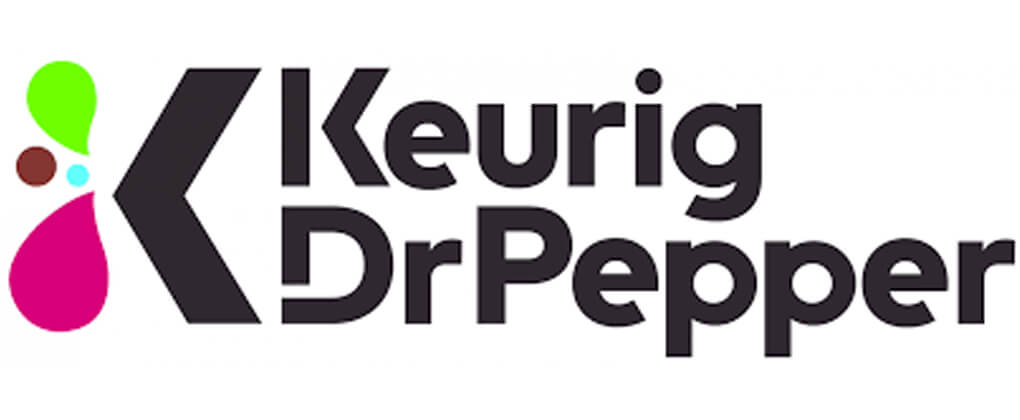
Keurig Dr. Pepper is another leading producer of hot and cold beverages. The company offers more than 125 brands of beverages spread across several categories including coffees, flavored soft drinks, teas, waters, juices, juice drinks, and mixers among others. Dr. Pepper Snapple Group was founded in the 1880s by Charles Alderton and merged with Keurig Green Mountain in 2018. The company posted revenue of $11.2 billion in 2019 and had over 25,000 employees on its payroll.
Some of Keurig Dr. Pepper’s most popular beverage brands are 7UP, Dr. Pepper, Schweppes, Bai, Snapple, Vita Coco, Hawaiian Punch, RC Cola, Mystic, and Hydrive Energy Water. The company has continued to grow its customer base, especially in the United States, which accounts for the majority of its revenue.
At just $38 billion, Keurig Dr. Pepper cannot compete with Coca-Cola which has a massive $243 billion war chest. But its diverse product portfolio will help it level up to the giant. The 2018 merger will help to push its cause further. Keurig Dr. Pepper remains to be Coca-Cola’s biggest competitor in the US market.
REDBULL
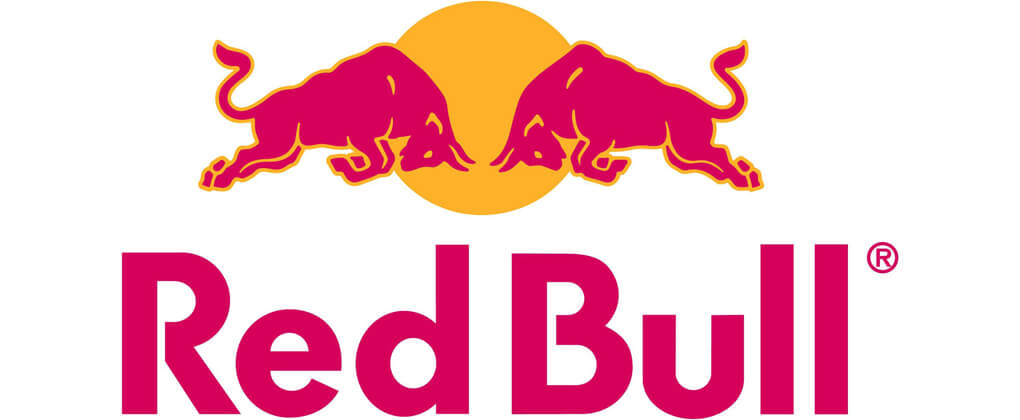
Founded in Thailand in 1987 by Dietrich Mateschitz and Chaleo Yoovidhya as Red Bull GmbH, RedBull has grown to be a force to reckon in the beverage industry. Its headquarters is in Austria. As of 2019, the company had 12,736 employees in its workforce and had a revenue turnover of $6.5 billion. RedBull sold 7.5 billion cans of its energy drink worldwide last year. It has a presence in over 171 countries across the world.
Its products include Red Bull Energy Drink, Red Bull Zero, and Red Bull Sugarfree. Despite its limited product portfolio, RedBull has a massive market following in the Americas, Northern Europe, and Western Europe. It has a major market in the UK, Turkey, India, and the Netherlands. Under the slogan, “Red Bull gives you wings,” RedBull is credited as one of the first energy drinks targeted at the masses.
In terms of brand valuation and marketing, RedBull is one of Coca-Cola’s toughest competitors. RedBull has experienced booming sales in recent years and is now focusing its sights on the US and Western Europe. But Coca-Cola has also decided to take the fight to RedBull’s doorstep by launching the Coca-Cola Energy drink in the US to get a share of the energy drink market segment.
DANONE
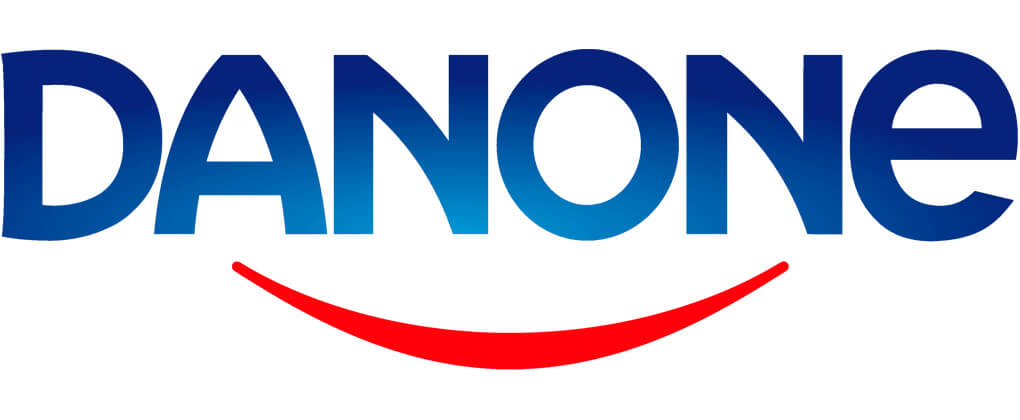
Danone goes up against Coca-Cola in two main categories – bottled water and dairy & plant-based products. But it also offers products in the early life nutrition and medical nutrition category. Danone is one of the leading global food & beverage companies with a presence in over 120 territories. The company has employed about 105,783 people. Danone’s revenue in 2019 was $27 billion.
The company acquired WhiteWave in 2017 to expand its product portfolio into plant-based food and drinks. Some of its most notable dairy & plant-based brands include Oikos, Prostokvashino, International Delight, Danonino, Silk, Alpro, Actimel, and Activia. In the water category, it offers Aqua, Volvic, Evian, Hayat, Salus, Villa del Sur, Font Vella, Villavicencio, Bonafont, and Mizone.
The French company has made an attempt to take on Coca-Cola’s bottled water brands, an effort which the latter has recognized. In 2002, Coca-Cola signed an agreement with Danone to market and distribute Danone’s bottled spring and source water.
UNILEVER

Unilever is known for a wide range of products in the home, personal, and beauty care product categories. But the company also manufactures and sells foods and refreshments which compete against Coca-Cola. Unilever has tea brands such as Brooke Bond, Lipton, Lipton Ice Tea, Lyons, Pure Leaf, Pukka Herbs, Saga, and Red Rose Tea. In addition to those, its other beverages include Bru (instant coffee), Buavita (fruit juice and ice cream), Jif (lemon and lime juice), and Rani (fruit juice).
The company was founded in 1871 by William Hesketh Lever to produce the Sunlight Soap. It has since grown and diversified its product portfolio into other categories that include food and beverages. In 2019, Unilever had a revenue turnover of $58.2 billion. It has 168,832 employees in its workforce.
Unilever mainly competes against Coca-Cola in the tea category. Lipton gives Coca-Cola a run for its money in tea-loving countries such as the United Kingdom, China, and India among others. Generally, Coca-Cola edged out Unilever as the world’s best brand in a Kantar Worldpanel ranking while Unilever took home the title for the world’s best manufacturer.
BRITVIC
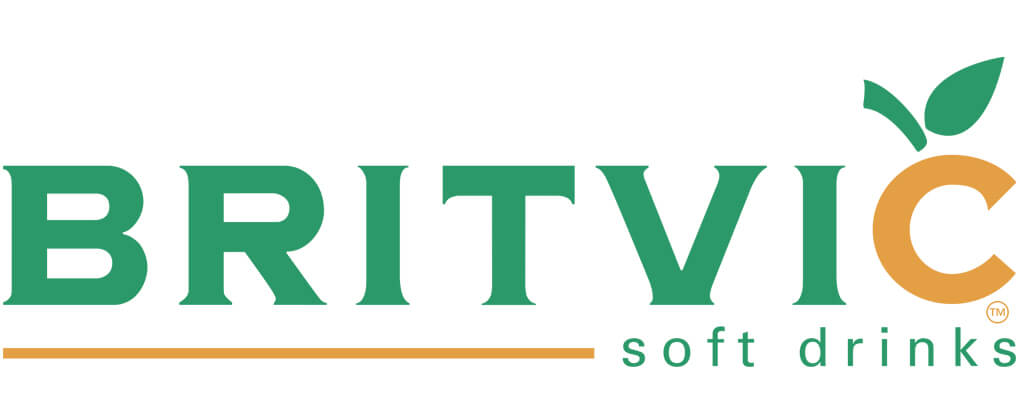
Britvic is based in Hemel Hempstead, England. It was founded in the 1930s as British Vitamin Products and offered a range of vitamin juices. The company rebranded to Britvic in 1971 and launched the Britvic 55, a non-alcoholic alternative adult soft drink, in 1977. Britvic has grown into a global brand through the acquisition of other soft drink companies such as Tango, R. Whites, Robinsons, Fruité Entreprises (France), soft drinks arm of C&C (Ireland), Ebba, and Bela Ischia (both Brazil). In 2019, Britvic had a turnover of $1,890 million and 4,795 employees.
The company has an impressive portfolio of beverage products that include Robinsons, Ballygowan, Fruite, Drench, J20, MiWadi, Maguary, Teisseire, DaFruta, and Tango. In addition to that, Britvic also has a partnership with PepsiCo to produce and market 7UP, Mountain Dew, Pepsi, and SoBe in Ireland and Great Britain.
Britvic is not as big as Coca-Cola, but it is holding well against the soft drinks giant in over 50 countries it operates in. Ballygowan is the leading water brand in Ireland while Teisseire and Teisseire Fruit Shoot are leading brands in France. Its partnership with PepsiCo and the global expansion strategy will further help Britvic stack up against Coca-Cola.
JACOBS DOUWE EGBERTS
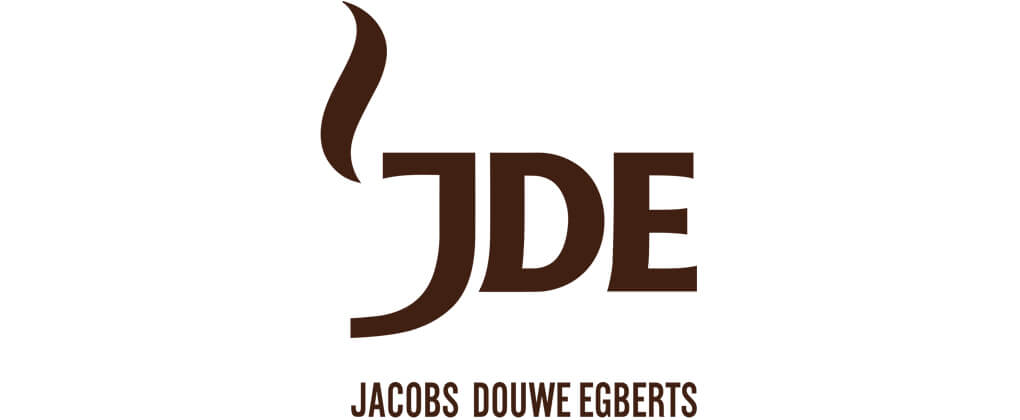
The Dutch company was formed in 2015 after Douwe Egberts and Mondelez International merged. Douwe Egberts was founded in 1753 as a coffee brand. It is a privately owned company. Jacobs Douwe Egberts (JDE) offers tea and coffee products in more than 100 countries globally and has over 10,000 employees. Its 2019 revenue turnover was $6.4 billion.
JDE’s most popular beverage brands include Bravo, Cafe Pele, Prima, Pilao, Tea Forte, Seleto, and Saimaza among others.
While JDE’s product portfolio is limited to teas and coffees, it is a strong competitor for Coca-Cola products in those categories especially in Europe.
SUNTORY
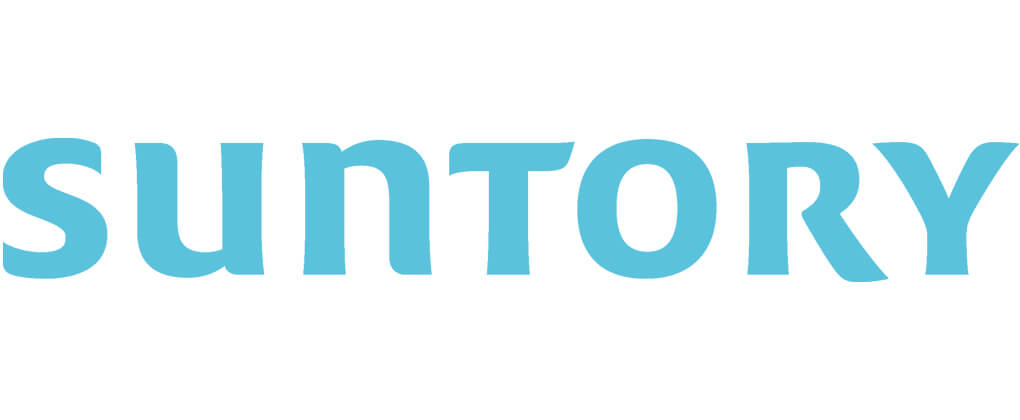
Suntory was founded in 1899 by Shinjiro Torii as a wine production company. It then expanded to whiskey and beer before venturing into the food and beverage business in the 1990s. As of 2019, Suntory had 40,210 employees and an annual revenue turnover of $21 billion.
The company has a diverse product portfolio in five different categories. These are beverage & food, spirits, beer, wine, and health foods. Its beverage brands include energy drink V, Just Juice, Toby’s Estate, Mocopan, V Pure, Amplify, OVI, Lucozade and Ribena.
Suntory is still trying to grow its coffee and bottled water business. In the Americas, the company has partnered with Coca-Cola’s biggest rival (PepsiCo) to drive its business.
MONSTER BEVERAGE CORPORATION
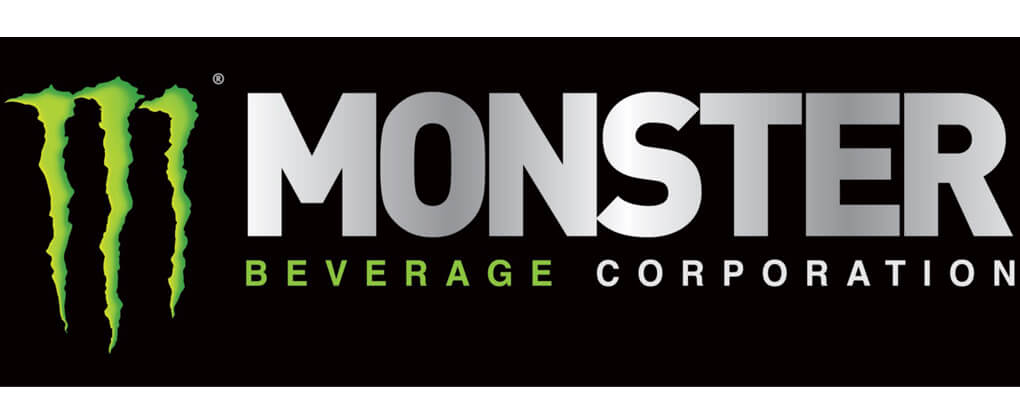
The California-based company operates through its consolidated subsidiaries to develop and market energy drinks. Monster Beverage Corporation had a revenue turnover of $4.2 billion from 148 countries around the world. It has around 3,429 on its payroll.
Monster Beverage Corporation offers a number of beverage brands including Monster Energy, Burn, NOS, Full Throttle, Relentless, Mother, Reign, and Predator.
The company has grown over the years and in 2019, it crossed the $4 billion mark in terms of revenue generated for the first time ever in its history. It is giving Coca-Cola a hard run for its money in the energy drinks segment and even acquired some energy drink brands from Coca-Cola in 2019. Last year, the company handed over the distribution of its Monster Energy drinks in the US to Coca-Cola.
CONCLUSION
The Coca-Cola competitors include: PepsiCo, Nestlé, Keurig Dr. Pepper, RedBull, Danone, Unilever, Britvic, Jacobs Douwe Egberts, Suntory, and Monster Beverage Corporation. Together, they have raised $298.189 in revenue in 2019. PepsiCo is Coca-Cola’s biggest competitor in the global beverage industry.
COMPETITORS STATS
| NAME | FOUNDED | HEADQUARTERS | EMPLOYEES |
| PepsiCo | 1965 | New Bern, North Carolina | 267,000 |
| Nestlé | 1866 | Vevey, Switzerland | 308,000 |
| Keurig Dr. Pepper | 2008 | Plano, Texas | 25,000+ |
| RedBull | 1984 | Fuschl, Austria | 12,736 |
| Danone | 1919 | Paris, France | 105,783 |
| Unilever | 1929 | London, United Kingdom | 168,832 |
| Britvic | 1845 | Hertfordshire, United Kingdom | 4,795 |
| Jacobs Douwe Egberts | 2015 | Amsterdam, Netherlands | 10,000+ |
| Suntory | 1899 | Minato City, Tokyo | 40,210 |
| Monster Beverage Corporation | 1935 | Corona, California, | 3,429 |
